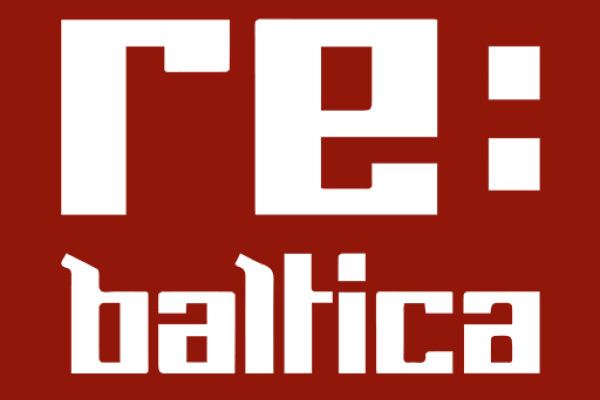However, the project is not limited to these groups: it also reaches students, diaspora followers and anyone seeking trustworthy, unbiased information in a polarized media landscape.
We operate in northeastern Romania, a region where most local TV broadcasters are politically aligned and independent journalism struggles for visibility.
In a region where four out of five local TV stations are or have been politically affiliated, Resilient Intermedia sets out to prove that independent journalism still matters—and can thrive.
With this project, we combine strong investigative reporting with innovation and public education. Over nine months, we will publish in-depth investigations and community-driven stories alongside fact-checking reports that expose disinformation, censorship and local corruption. But we go beyond reporting. We integrate AI-powered tools for fast verification and smarter content distribution, fighting back against algorithmic suppression that buries quality journalism.
Our audience won’t just watch—we’ll engage them. Through interactive workshops, a digital literacy course and a region-wide campaign called "Think Before You Share", we’ll reach over the public with practical tools to spot false narratives. Social-media-ready explainers and TV mini-segments will bring media literacy straight into people’s homes.
We’ll also listen: a regional audience survey and live Q&A sessions will give voice to community concerns and help us adapt. Funding will cover production costs, technology, training and content outreach—delivered by a seasoned team of journalists, educators, and technical experts.
In short, Resilient Intermedia builds trust where it’s been broken. It equips communities to think critically, amplifies underrepresented voices, and strengthens local journalism in a region too often dominated by political noise.
Goals (expected) of the project
Resilient Intermedia aims to rebuild trust in independent journalism and to empower local communities in Suceava and surrounding counties to resist disinformation and political manipulation. The project’s expected results are both measurable and transformative.
By strengthening local journalism in a region dominated by politically affiliated outlets, the project actively contributes to media pluralism. Through this initiative, Intermedia expands its reach, diversifies content and reinforces its editorial independence using AI-supported tools and alternative content distribution methods. Our focus on human rights is reflected in the editorial themes—corruption, censorship, minority related—and in the voices we amplify from underserved communities.
The project applies a human rights-based approach by promoting access to reliable information, the right to be informed and the right to reply for all parties involved in public-interest reporting. It also reinforces democratic values by equipping citizens with critical thinking tools that enable informed participation in public life, especially in an election year when disinformation efforts are expected to intensify.
Inclusion is not an afterthought—it is embedded throughout the project. We produce content that addresses the real concerns of ethnic minorities, rural populations, women and young people, while ensuring diverse representation in both the editorial team and the voices featured on screen. Media literacy efforts are tailored to different age groups and delivered across platforms to ensure accessibility.
Ultimately, the goal is not only to produce better journalism, but to make journalism matter again—by reconnecting it with the communities it serves, in ways that are inclusive, resilient and democratic.



